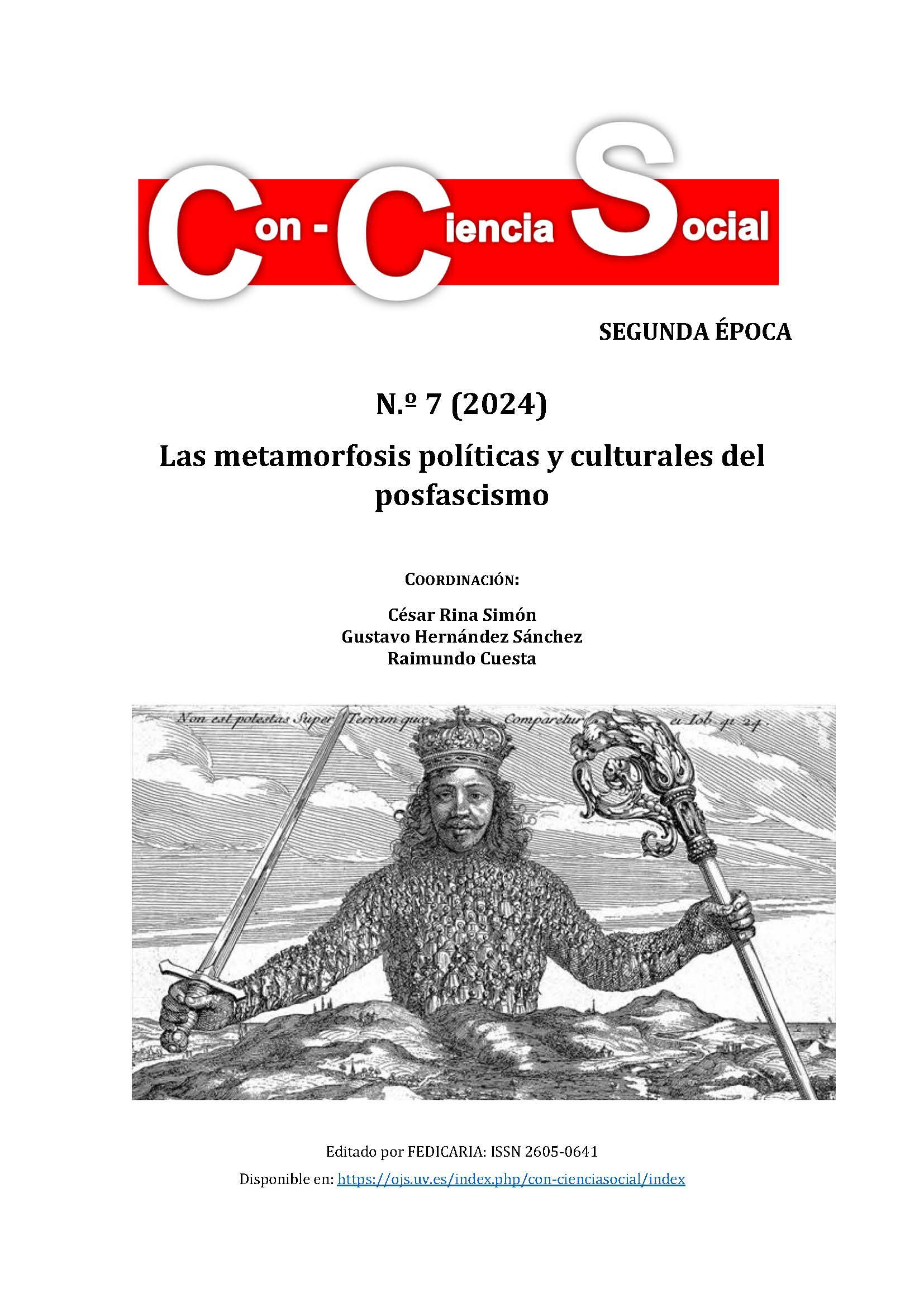Populism and critical social science teaching
DOI:
https://doi.org/10.7203/con-cienciasocial.7.28398Keywords:
populism, social sciences, critical didactics, politics of inevitability, democracy Abstract
Abstract
The advance of populism around the world has led to questions about the role of education. Inevitably, the answers are conditioned by the understanding of this phenomenon. It is often presented as a pathology of democracy. With this diagnosis, education emerges as the therapy par excellence against the symptoms of the disease (Manichean narratives, hate speeches, disinformation, etc.). It will be argued that existing democratic regimes are not the finished prototype of the democratic ideal, and that populism is not a virus attacking them from outside, but a political project that springs from their acute internal contradictions. It follows that education is only one vector of an overwhelmingly larger problem; and that a critical teaching of the social sciences should not only deal with the unacceptable symptoms of populism, but also with the policies, institutional arrangements and social fractures that are at the causal origin of its current emergence.
 Downloads
Downloads
Downloads
Published
How to Cite
-
Abstract168
-
PDF (Español)99
Issue
Section
License
![]()
Los contenidos de Con-ciencia Social están protegidos por una licencia Creative Commons del tipo Reconocimiento-NoComercial-CompartirIgual 3.0 Unported.



